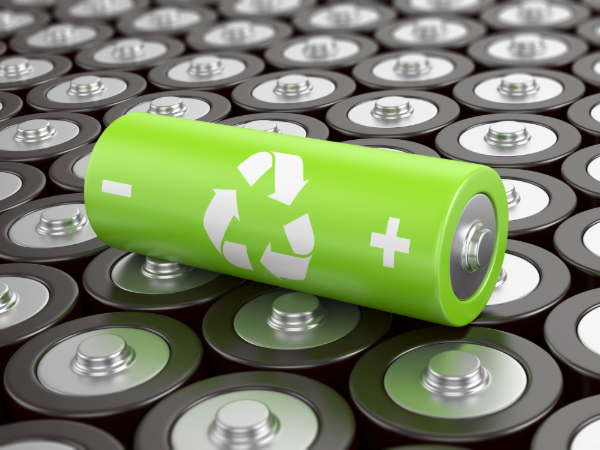
Batteries are indispensable in our daily lives, powering everything from our smartphones and laptops to remote controls and children’s toys. These compact energy sources offer the convenience of portable power, enabling us to stay connected and productive on the go. However, despite their undeniable usefulness, batteries can pose significant risks if not handled properly.
Batteries, particularly lithium-ion types, can be hazardous when mismanaged. Overcharging, physical damage, and improper disposal can lead to serious issues, including fires in the collection trucks and facilities, chemical leaks, and costs to repair the damage. When a battery is overcharged or left plugged in overnight, it can overheat, leading to potential explosions or fires. Similarly, physical damage to a battery can cause it to leak harmful chemicals, posing a risk to our health and the environment.
Avoid overcharging lithium-ion batteries by unplugging devices once they are fully charged, and never leave them plugged in overnight. This practice helps prevent overheating and extends the battery’s lifespan. Second, store batteries in a cool, dry place, ideally between 40 and 80 degrees Fahrenheit. Extreme temperatures can degrade battery performance and increase the risk of leakage or combustion.
When it’s time to dispose of your batteries, cover the battery terminals with electrical tape or place each battery in a separate plastic bag. This step helps prevent accidental contact between terminals, reducing the risk of sparks or short circuits. Finally, never throw batteries into the regular trash. Instead, check with your local solid waste authority for disposal instructions for your community. We can all do our part to ensure that we properly dispose of these batteries and keep our community safe.
For more on the dangers of lithium-ion batteries, check out Policies Needed for Safe Lithium-Ion Battery Disposal.
Image credit: D3Damon | E+ | Getty Images
